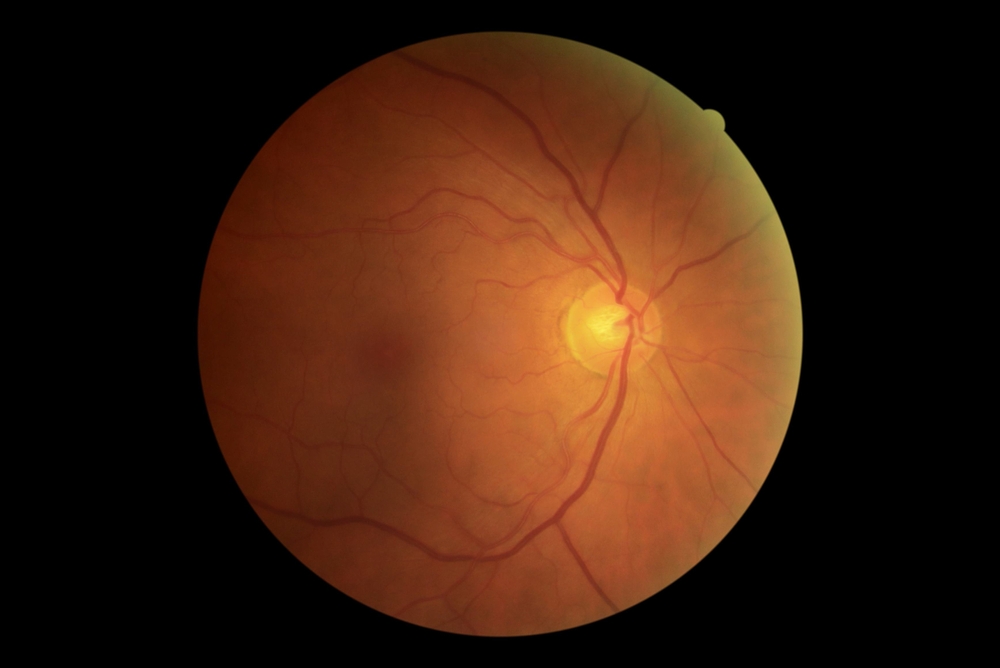
When it comes to your vision, every part of your eye plays a vital role - but few are as important as the macula. This small but powerful area of the retina is responsible for the sharp, central vision that allows you to read, drive, recognize faces, and see fine details. Despite its small size, the macula’s health has a major impact on your ability to see clearly and perform everyday tasks.
Understanding the Macula
The macula is located in the center of the retina - the light-sensitive tissue at the back of your eye. It contains millions of specialized photoreceptor cells that detect light and send signals to your brain through the optic nerve. These cells enable detailed, color-rich vision in the center of your visual field.
When the macula is functioning properly, you can focus on fine details and distinguish colors accurately. However, when it becomes damaged or deteriorates, your central vision can become blurry, distorted, or even lost, while your peripheral vision may remain intact.
Common Macular Conditions
Several eye diseases can affect the macula, each with its own symptoms and risks:
• Age-Related Macular Degeneration (AMD): The leading cause of vision loss in adults over 50, AMD causes the macula to thin and deteriorate, resulting in blurred or dark spots in central vision. Early detection and lifestyle changes can help slow its progression.
• Diabetic Macular Edema (DME): A complication of diabetes, DME occurs when high blood sugar levels damage the retinal blood vessels, causing fluid to leak into the macula. This can lead to swelling and significant vision loss if untreated.
• Macular Holes or Puckers: These conditions develop when the vitreous (gel-like substance in the eye) pulls on the macula, creating distortions or gaps in central vision.
• Retinal Detachment Involving the Macula: If the macula becomes detached from the retina, it requires urgent treatment to prevent permanent vision loss.
The Importance of Annual Eye Exams
Because many macular diseases develop gradually and without noticeable symptoms early on, comprehensive eye exams are essential. During your exam, your optometrist can use advanced imaging technologies to examine your retina and detect subtle changes in the macula before vision is affected.
Regular eye exams are especially important if you have risk factors such as:
• Age over 50
• Family history of macular degeneration
• Diabetes or hypertension
• Smoking habits
• Excessive sun exposure
Early diagnosis and treatment can make all the difference in preserving your vision and maintaining your quality of life.
Protecting Your Macular Health
In addition to regular eye exams, you can take proactive steps to protect your macula:
• Eat a diet rich in leafy greens, fish, and foods high in antioxidants like lutein and zeaxanthin.
• Maintain healthy blood sugar and blood pressure levels.
• Avoid smoking and wear UV-protective sunglasses outdoors.
Schedule Your Eye Exam Today
Your macula is small but mighty - it’s the key to clear, detailed central vision. Protecting it through regular eye exams and healthy habits is one of the best ways to safeguard your sight for the long term.
At Eyes of Starwood, we provide comprehensive eye care and advanced retinal imaging to monitor your macular health and detect early signs of disease. Visit our office in Frisco, Texas, or call (972) 544-4300 to book an appointment today.








